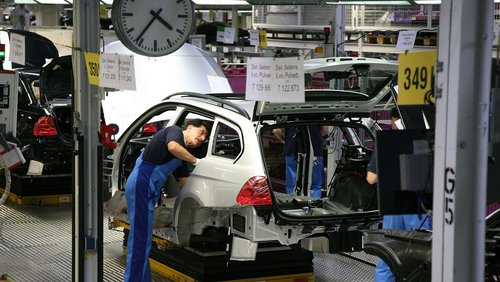The regulation of continuous vocational training (CVT) is highly dispersed and only affects a small proportion of CVT activities in Germany. Collective agreements are of minor significance for the incidence of CVT. Over the last years, agreements on CVT have been concluded in some sectors that cover a significant number of employees. They, however, do not provide an individual right to participate in training programmes that are funded by the employer. Whilst unions have called for more extensive legislation to promote CVT activities, employers’ associations oppose any claims for more extensive regulation.
Continuous vocational training and collective bargaining in the EU

Continuous vocational training and collective bargaining in the EU

More on the topic

Further training needs of the automotive industry in transformation
Due to the ecological and digital transformation, significant parts of the German economy, particularly the industrial sector, are currently undergoing a transformation. This development also extends to the automotive sector, which occupies a vital position in ...
IW
The Increasing Importance of Literacy Courses and Further Training for the Low-skilled
Digitalisation and the demographic transition are presenting companies with ever new challenges. This puts pressure on firms to be in a process of constant change, a phenomenon reflected in the growing demands they put on their low-skilled employees.
IW